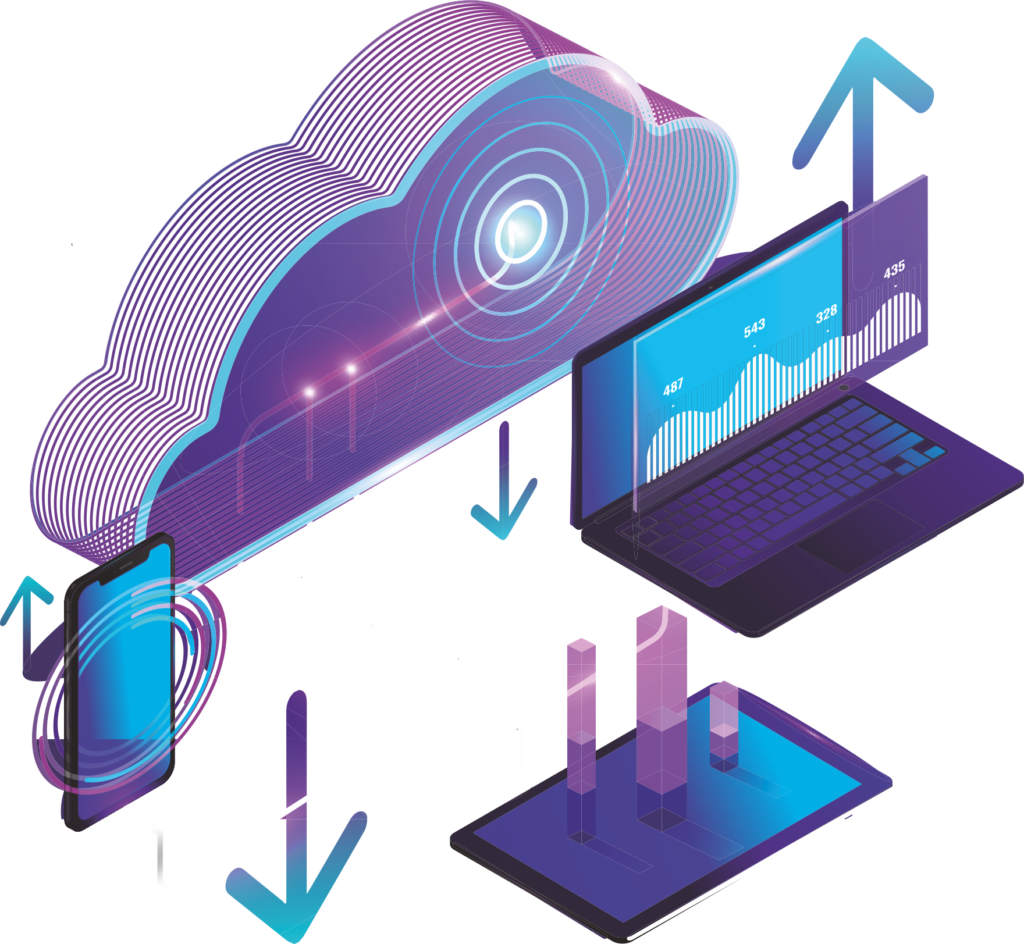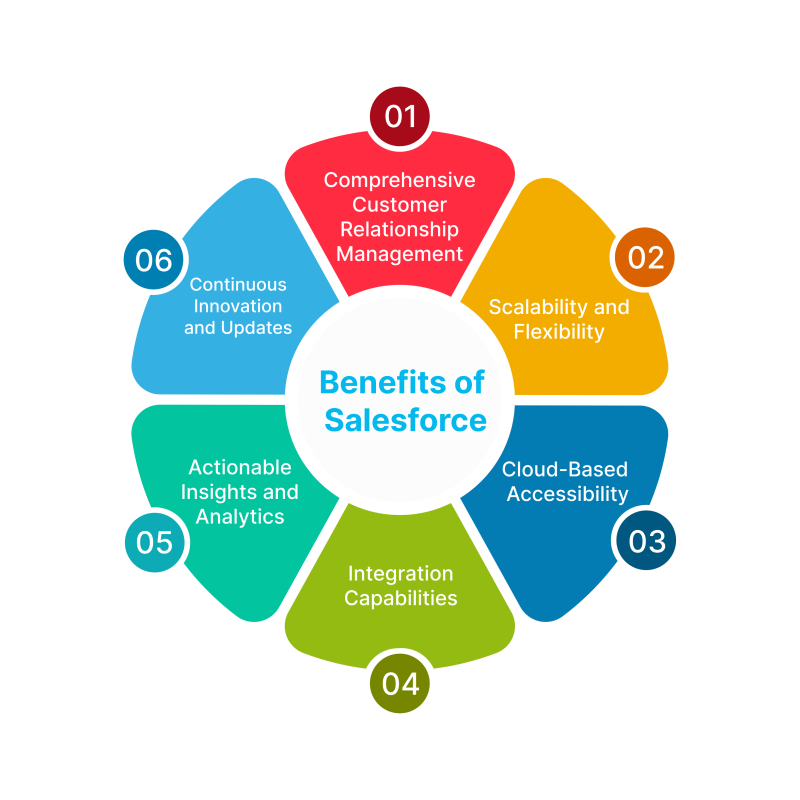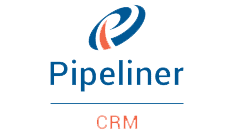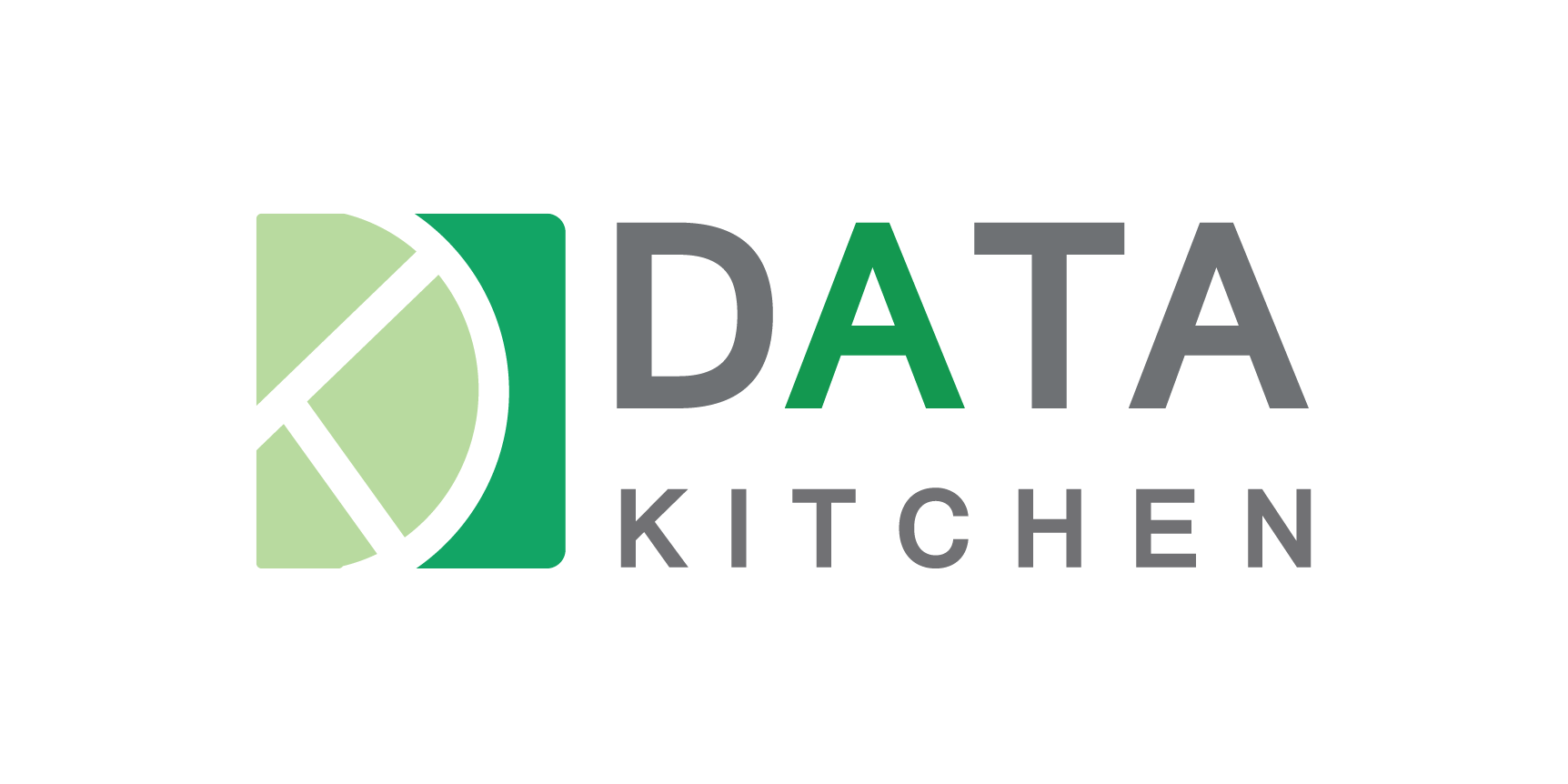Salesforce

Our Salesforce services
Complere Infosystem provides the opportunities it presents—enhanced decision-making capabilities, improved customer experiences, and the ability to innovate more rapidly—make it a worthwhile endeavor for any data-driven organization.
We have over 200 data experts onboard and over 30 data projects in our portfolio.
Enhance Your Business Services
Boost your business services portfolio with a comprehensive perspective. Salesforce offers an integrated platform tailored for professional, legal, real estate, recruitment, and education sectors, equipped with a robust CRM system. This unified CRM empowers all departments—marketing, sales, commerce, and service—with a consolidated client view, facilitating the delivery of personalized, data-driven experiences.
Centralizing Client Information
In business services, CRM software serves as a linchpin, consolidating client data seamlessly. Salesforce's CRM solution aids business service firms in maximizing data utilization, fostering team cohesion, and streamlining operations. By embracing a holistic client view, organizations can consistently deliver tailored experiences.
Prioritizing Client Needs
A client-centric ethos lies at the heart of successful businesses, placing clients at the forefront of operations. With Salesforce's unified data approach, business service entities cultivate loyalty and satisfaction by offering impactful, personalized interactions.
Embracing Digital Evolution
In digital transformation, digital business service providers leverage platforms like Salesforce to evolve their strategies. Solutions such as Marketing Cloud, Mulesoft, and Tableau empower firms to gather, organize, and analyze client data effectively, ensuring competitiveness and efficiency in the digital realm.
How can you benefit from Salesforce?
Comprehensive Customer Relationship Management (CRM)
- Salesforce offers a robust CRM platform that provides a centralized hub for managing customer interactions, sales processes, and marketing campaigns. This comprehensive CRM system helps businesses streamline their operations, enhance customer engagement, and drive sales growth.
Scalability and Flexibility
- Salesforce is scalable and flexible, allowing businesses to adapt and grow without constraints. Whether you're a small startup or a large enterprise, Salesforce can accommodate your needs and scale alongside your business, offering customizable solutions to meet specific requirements.
Cloud-Based Accessibility
- Being a cloud-based platform, Salesforce offers anytime, anywhere access to critical business data and applications. This accessibility enables remote work, collaboration among teams, and real-time decision-making, enhancing productivity and efficiency across the organization.
Integration Capabilities
- Salesforce integrates seamlessly with a wide range of third-party applications and systems, enabling businesses to leverage existing technologies and extend the functionality of their CRM solution. This integration capability enhances data connectivity, workflow automation, and overall operational efficiency.

How it Works
01. Cloud-Based CRM Platform
-
Centralized Data Management: Salesforce provides a centralized repository for storing all customer data, including contacts, leads, accounts, and opportunities.This centralized database ensures that all departments within an organization have access to the same up-to-date information, fostering collaboration and consistency.
-
Customizable Workflows and Processes: Users can create customized workflows and processes within Salesforce to automate tasks, streamline operations, and ensure adherence to best practices. These customizable workflows enable businesses to tailor Salesforce to their specific needs and workflows, optimizing efficiency and productivity.
03. Data-Driven Insights and Analytics
-
Powerful Reporting and Analytics Tools : Salesforce offers powerful reporting and analytics tools that enable users to visualize and analyze data to gain actionable insights. These tools allow businesses to track key performance indicators, identify trends, and make data-driven decisions to optimize sales and marketing strategies.
-
AI-Powered Predictive Analytics :Salesforce Einstein, the platform's built-in artificial intelligence (AI) capabilities, provides predictive analytics that help businesses anticipate customer needs, identify opportunities, and mitigate risks.By leveraging AI-driven insights, businesses can personalize customer interactions, prioritize leads, and forecast sales more accurately, driving revenue growth and enhancing customer satisfaction.
02. Scalable and Integrated Ecosystem
-
Scalability: Salesforce is highly scalable, allowing businesses to easily scale their CRM solution as their needs evolve and their organization grows. Whether adding new users, expanding into new markets, or incorporating additional features and functionalities, Salesforce can accommodate growth without disruption.
-
Integration Capabilities: Salesforce seamlessly integrates with a wide range of third-party applications and systems, such as marketing automation tools, ERP systems, and e-commerce platforms. These integrations enable businesses to leverage existing technologies and data sources, maximizing the value of their Salesforce investment and enhancing overall operational efficiency.
01. Strategy
- Clarification of the stakeholders’ vision and objectives
- Reviewing the environment and existing systems
- Measuring current capability and scalability
- Creating a risk management framework.
02. Discovery phase
- Defining client’s business needs
- Analysis of existing reports and ML models
- Review and documentation of existing data sources, and existing data connectors
- Estimation of the budget for the project and team composition.
- Data quality analysis
- Detailed analysis of metrics
- Logical design of data warehouse
- Logical design of ETL architecture
- Proposing several solutions with different tech stacks
- Building a prototype.
03. Development
- Physical design of databases and schemas
- Integration of data sources
- Development of ETL routines
- Data profiling
- Loading historical data into data warehouse
- Implementing data quality checks
- Data automation tuning
- Achieving DWH stability.
04. Ongoing support
- Fixing issues within the SLA
- Lowering storage and processing costs
- Small enhancement
- Supervision of systems
- Ongoing cost optimization
- Product support and fault elimination.



























